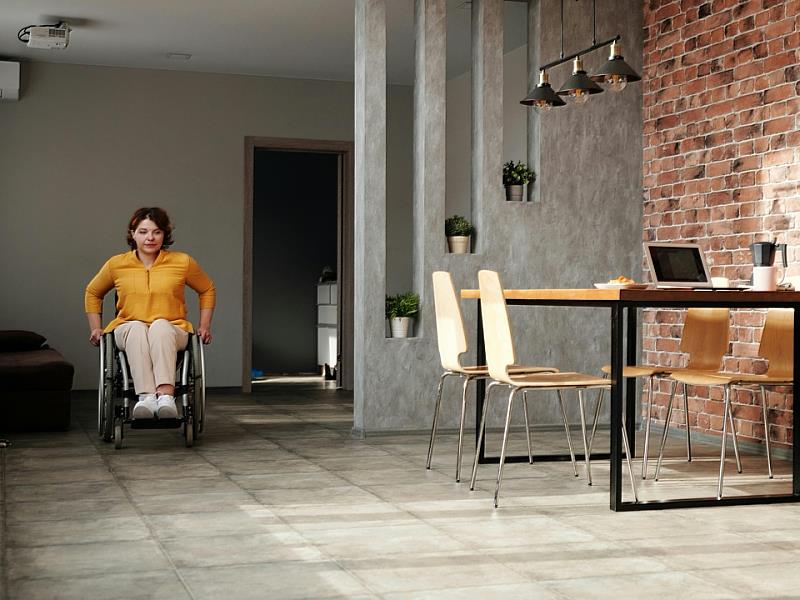- NYCU GIA Professors Present Taiwan’s Innovative and Sustainable Spirit in Japan
- NYCU ECE and IEEE Taipei Section Host 2025 AI Computing Workshop to Explore the Future of High-Performance AI Systems
- NYCU Achieves Global Leadership in Industry Collaboration in THE World University Rankings 2026
- NYCU Asfaloth-2025 Rocket Launched: First Integration of TASA’s MLP Marks a Milestone in Academic Space Research
- NYCU and UC San Diego Renew Ties to Advance Interdisciplinary Research
Healthy Aging, Happy Living! NYCU Launches Training Program on Age-Friendly Housing
(中央社訊息服務20251107 14:41:13)As Taiwan transitions into a super-aged society, the challenge extends beyond healthcare and caregiving—housing design itself must evolve to meet the changing needs of older adults. Recognizing this, National Yang Ming Chiao Tung University (NYCU) has launched a “Training Program on Age-Friendly Housing Design” aimed at architects, interior designers, and professionals in the eldercare sector, emphasizing the integration of aging needs at the very foundation of residential planning.

The program, organized by NYCU’s Center for Aging Industry and Development (CAID), focuses on three core areas: universal architectural design, barrier-free living environments, and smart care technologies. It combines lectures with hands-on field visits to help participants gain a comprehensive understanding of the principles of age-friendly housing. The ultimate goal is to realize the vision of “Healthy Aging, Happy Living” by creating homes that are safe, comfortable, and dignified for older adults.
Professor I-Ju Chen, Executive Director of the CAID and Director of the Master’s Program in Transdisciplinary Long-Term Care and Management, noted that many elderly people in Taiwan wish to live independently rather than rely on their children. Still, their living conditions often make this difficult. “In Taipei, for example, many seniors still live in old apartment buildings without elevators. Simply going up and down the stairs becomes a challenge, making independent living increasingly difficult,” she said.
“Allowing seniors to live safely in the homes they know should be part of the architectural mindset,” Prof. Chen emphasized. “From birth to adulthood to old age, people’s spatial needs change throughout life. This course isn’t just about design—it’s about understanding how living spaces respond to the human experience.”
She further explained that as society ages rapidly, adapting both new and existing housing into age-friendly spaces is an urgent priority. This process, she said, goes beyond aesthetics—it requires collaboration across architecture, healthcare, long-term care, and technology. “Aging-in-place design should evolve with people’s changing health and lifestyle, embodying a truly human-centered approach.”
Aging is not solely a medical issue; it is also a social and economic one. To address this, NYCU established the CAID in 2025, integrating resources from the Center for Healthy Longevity and Aging Sciences, the Aging Accelerator, NYCU Hospital, the University Social Responsibility (USR) programs, and the Master’s Program in Transdisciplinary Long-Term Care and Management.
The Center serves as a collaborative hub connecting academia and industry through three strategies: technological empowerment, interdisciplinary integration, and social co-creation. By combining research strengths and industry expertise, it supports product innovation, field validation, and talent development, offering concrete solutions for aging-related industrial challenges and driving innovation across various sectors.
The Age-Friendly Housing Design Training Program represents a significant milestone in the Center’s mission to promote an inclusive, age-friendly society. Through industry collaboration and continuous education, NYCU aims to promote sustainable innovation in aging-related industries and create a living environment that is smart, healthy, and compassionate—one where all generations can coexist with dignity and wellbeing.





